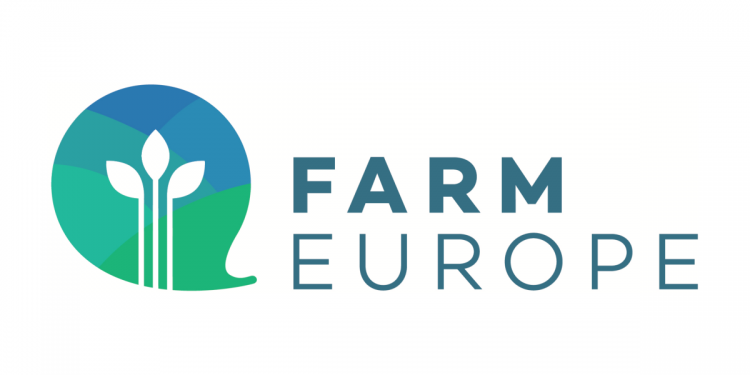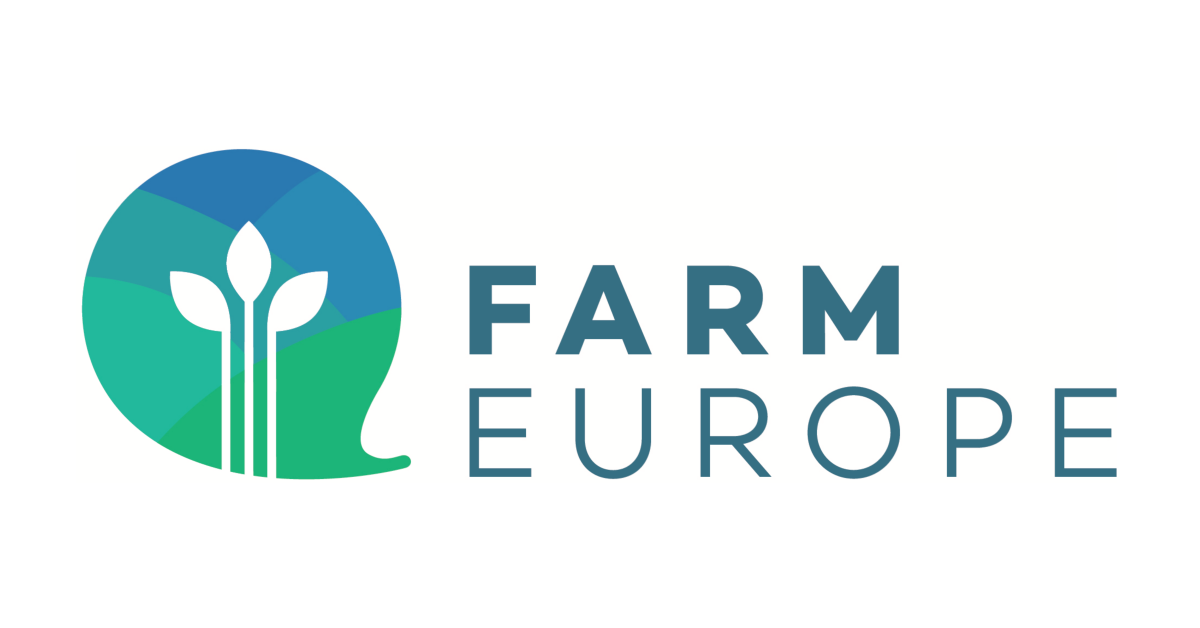The European Commission adopted today its communication for a European Bioeconomy strategy, which will play a crucial role in the European Union’s ambition to transform its economy and make it more sustainable, circular, and carbon neutral, in order to reach its climate and energy goals by 2030 and climate neutrality by 2050, while reducing its dependency on imported fossil fuels.
“We welcome the bioeconomy strategy developed under the leadership of Commissioner Roswall. It has a real potential to be an opportunity for EU farmers and biorefiners. While we raised concerns on the initial versions that circulated in the press, the final strategy adopted by the Commission today fully recognises the essential role of EU agriculture and the need to build on existing value chains to unlock the potential of EU bioeconomy and scale up bio-based solutions”, underlined Stefan Schreiber, Chair of Farm Europe’s Green Economy Platform.
The communication acknowledges the role of biorefineries model as a lead market technology converting biomass, including woody biomass, agricultural residues, bio-waste and processing side-streams, into a range of products such as food ingredients, feed, biofuels, biochemicals and biomaterials. The ambition to create market space for bio-based content in a wide range of bioproducts has the potential to create a new impetus for investments in bioeconomy.
In this view, Farm Europe welcomes the intention of the Commission to focus on domestic biomass production, and the recognition of the need to encourage sustainable intensification of EU agricultural production. This would give EU farmers a central position within the value chain and constitutes a first step in reducing Europe’s dependence on biomass imports from third countries, which often entail unfair competition for domestic producers. However, the strategy does not sufficiently address the issue of tackling fraud on bio-based markets, especially when it comes to imports.
The strategy rightly emphasises the paramount role of sustainable biofuels in decarbonising the transport sector and announces a wide range of initiatives to foster bio-based products, such as bio-based polymers, fibres, chemicals, construction materials, fertilisers and plant protection products, by removing regulatory and non-regulatory barriers that hinder their deployment, further reinforces the economic potential for both farmers and bio-based industries.
Importantly, the strategy explicitly commits to involving farmers and biorefiners in its implementation. It recognises that sustainable primary biomass production enhances both productivity and environmental performance. However, the strategy should also mobilise the simplification agenda to unlock the potential of bioeconomy, including via an increase of the food and feed cap on biofuels drawing all conclusions of the recognition of the synergies and sustainability of the integrated EU biorefinery model.
O artigo foi publicado originalmente em Farm Europe.




















































